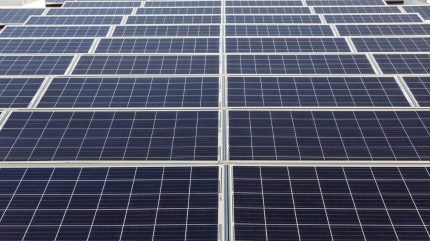
Adhesive manufacturer Henkel Adhesives Technologies (HAT) has achieved a significant sustainability milestone in the Middle East and Africa (MEA) region.
All eight of its manufacturing sites across six countries in the area have transitioned to 100% renewable electricity.
This shift eliminates carbon dioxide (CO₂) emissions from electricity usage, also known as scope 2 emissions, for these facilities.
The company has adopted a mix of on-site solar installations and off-site renewable sources such as hydro and wind power.
Environmental impact and industry benchmark
By embracing renewables, HAT estimates a reduction of approximately 10,471 tons (t) of CO₂ emissions annually.
This reduction is reportedly equivalent to taking 2,500 gasoline-powered cars off the road for a year or eliminating the carbon footprint of nearly 2,700 flights between New York and Singapore.
This achievement positions HAT as a sustainability leader within the packaging industry. Its commitment to reducing reliance on fossil fuels sets a benchmark for others to follow.
Commitment to a sustainable future
“By achieving complete decarbonisation of our scope 2 operations in our MEA sites, we’ve turned our commitments into tangible progress on the path to achieving climate-positive operations by 2030,” said Veerabhadra Konakalla, Safety and Health & Environment head for HAT India, Middle East and Africa (IMEA).
“This achievement is a testament to the zeal of our IMEA team to drive transformative environmental change and create a more sustainable future.”
The shift to renewables also aligns with Henkel’s broader 2030+ Sustainability Ambition Framework, which targets climate-positive operations by 2030 and a pathway to net-zero emissions.
This framework is part of Henkel’s overall “Purposeful Growth” strategy, emphasising responsible business practices and creating enduring value for stakeholders.



